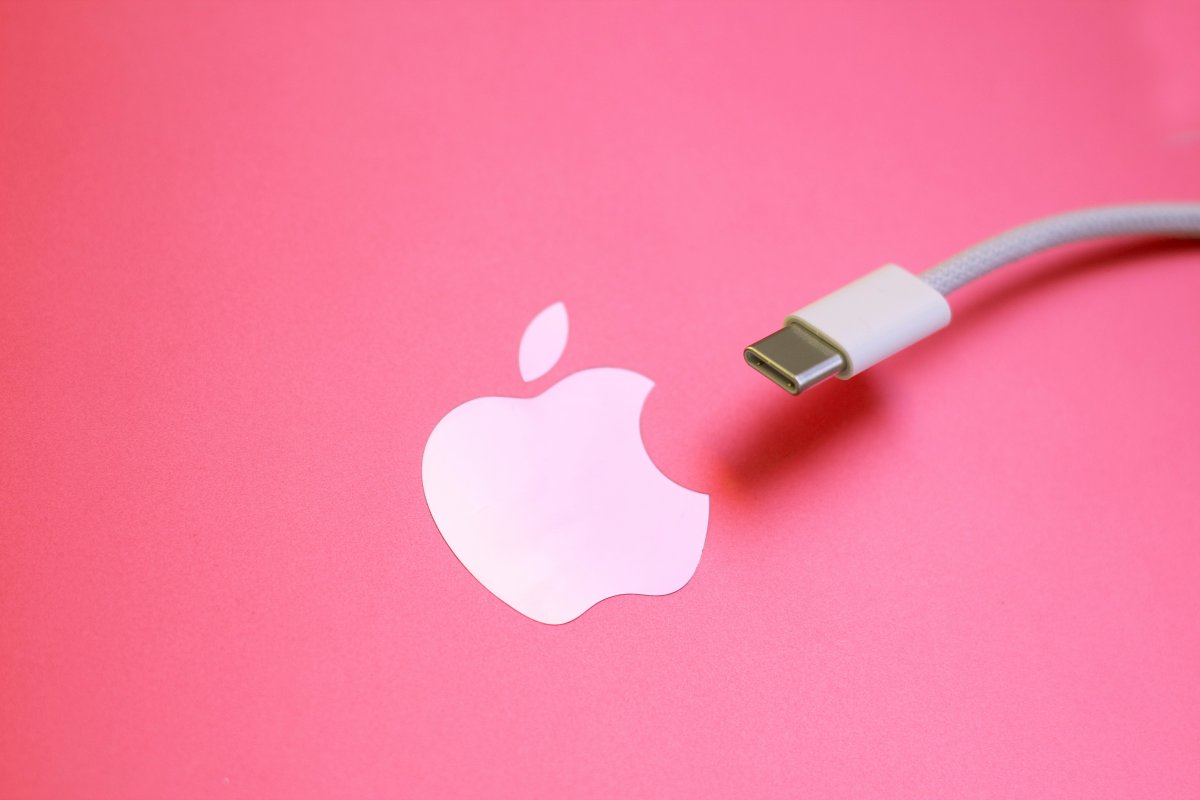Unfortunately, the developers' fears were justified: with the release of iOS 17.4, which will come to the iPhone before March 7, the era of Progressive Web Apps (PWAs) on Apple smartphones will end – at least in the European Union. Apple made the announcement on its developer website Thursday evening after the company did not comment on the issue for several days. Beta testers previously noted that the functionality was missing in initial builds of iOS 17.4. Apple justifies this move by the need to make amendments to the Digital Markets Act (DMA).
advertisement
An important opportunity was missed
Previous iOS versions made it possible to bring web apps to the home screen so they could then run (relatively) similarly to native apps. Developers who didn't want to write an iOS app were able to access the iPhone relatively easily and simply — even including push notifications. With iOS 17.4, Apple now allows other browser manufacturers to install and run their own web engines on iPhone. And that's exactly what Apple is now using as a reason for the end of PWAs.
iOS has traditionally provided support for web apps on the home screen, “by building directly on top of WebKit and its security architecture,” Apple said. This integration meant that these web apps leveraged the security and privacy model of native apps on iOS, “including storage isolation and enforcing system prompts to access privacy-sensitive features.” According to Apple, without this kind of isolation and enforcement, “malicious web apps can read data from other web apps and use their permissions, for example to access the camera, microphone, or location without the user’s consent.” It is also possible for the browser to install web applications “without the user noticing or agreeing to it.”
Apple says new web engines are to blame
Regarding opening up iOS to third-party web engines, Apple no longer sees any way to protect its system. “To address the complex security and privacy concerns associated with web applications that use alternative browser engines, an entirely new integration architecture must be created that does not currently exist in iOS.” The company asserts that this was not practical given the other requirements of DMA and “the very low user acceptance of web applications on the home screen.” “In order to comply with DMA requirements, we had to remove the functionality of web apps on the EU home screen.”
Developers using this technology will likely find this very annoying – companies in the EU have to rely on native apps (or those in upcoming alternative app markets). It is currently unclear how the EU Commission will react to this approach. At least there is no regulation in the DMA that makes it necessary to provide web applications. Apple has had to face a lot of criticism for its amendments to the new European rules. The same group sees the end of PWAs as having “minimal impact on the scope of jobs.” EU users can “continue accessing websites directly from their home screen via a bookmark.” The company continues to expect that “this change will only affect a small number of users.” However, Apple regrets the impact this change may have on developers and users of home screen web apps. It was implemented “as part of work to comply with the DMA”.
to update
February 15, 2024
9:39 pm
hour
Apple added more justifications.
(Bachelor's)

Lifelong foodaholic. Professional twitter expert. Organizer. Award-winning internet geek. Coffee advocate.

